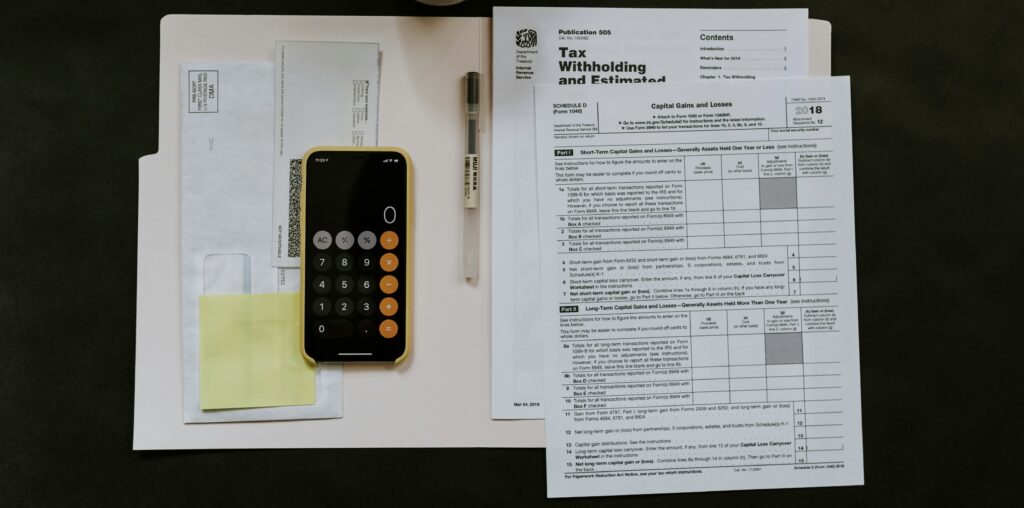VAT Reduction to Remain

Twelve months ago, the government cut Value-added Tax (“VAT”) to 8 per cent for specific goods and services. In a move designed to boost domestic demand and drive economic growth, it was hoped that this decision would support companies and consumers during a period of declining foreign manufacturing orders, rising global inflation, and international economic headwinds.
In reducing VAT, the government aimed to help keep the cost of raw materials down and stimulate demand. Meanwhile, although the two per cent reduction was estimated to cost the state budget around USD 1.5 billion, it also aimed to increase revenues from Personal Income Tax (“PIT”) and Corporate Income Tax (“CIT”), as we wrote at the time.
Now, the National Assembly (“NA”) has voted to continue this VAT rate until 31 December 2024, following a vote in favour on 29 June. However, as before, this rate is not applied to goods and services in sectors such as finance, insurance, banking, telecommunications, real estate, and those subject to the Special Consumption Tax (“SCT”).
Meanwhile, to further stimulate trade and support business, this month, the Ministry of Finance (“MOF”) also introduced a set of reductions to fees to unblock bottlenecks facing companies. For instance, the cost of establishing and operating banks and non-bank credit institutions has fallen 50 per cent, as has the cost of registering intellectual property (“IP”) protection.
Fees for most activities in the securities sector have also been cut in half, other than those involving licensing and supervision. Meanwhile, smaller reductions – of between 10 per cent and 30 per cent – will be applied to civil aviation and customs fees for international flights arriving in Vietnam.
In total, these fee reductions are estimated to cost the state budget around USD 30 million and, like the cut in VAT, will remain in force until 31 December.
Disclaimer: This article and its content are for information only and are not given as legal or professional advice. they do not necessarily reflect all relevant legal provisions with respect to the subject matter. Readers should seek legal or professional advice before taking or refraining to take any action.


